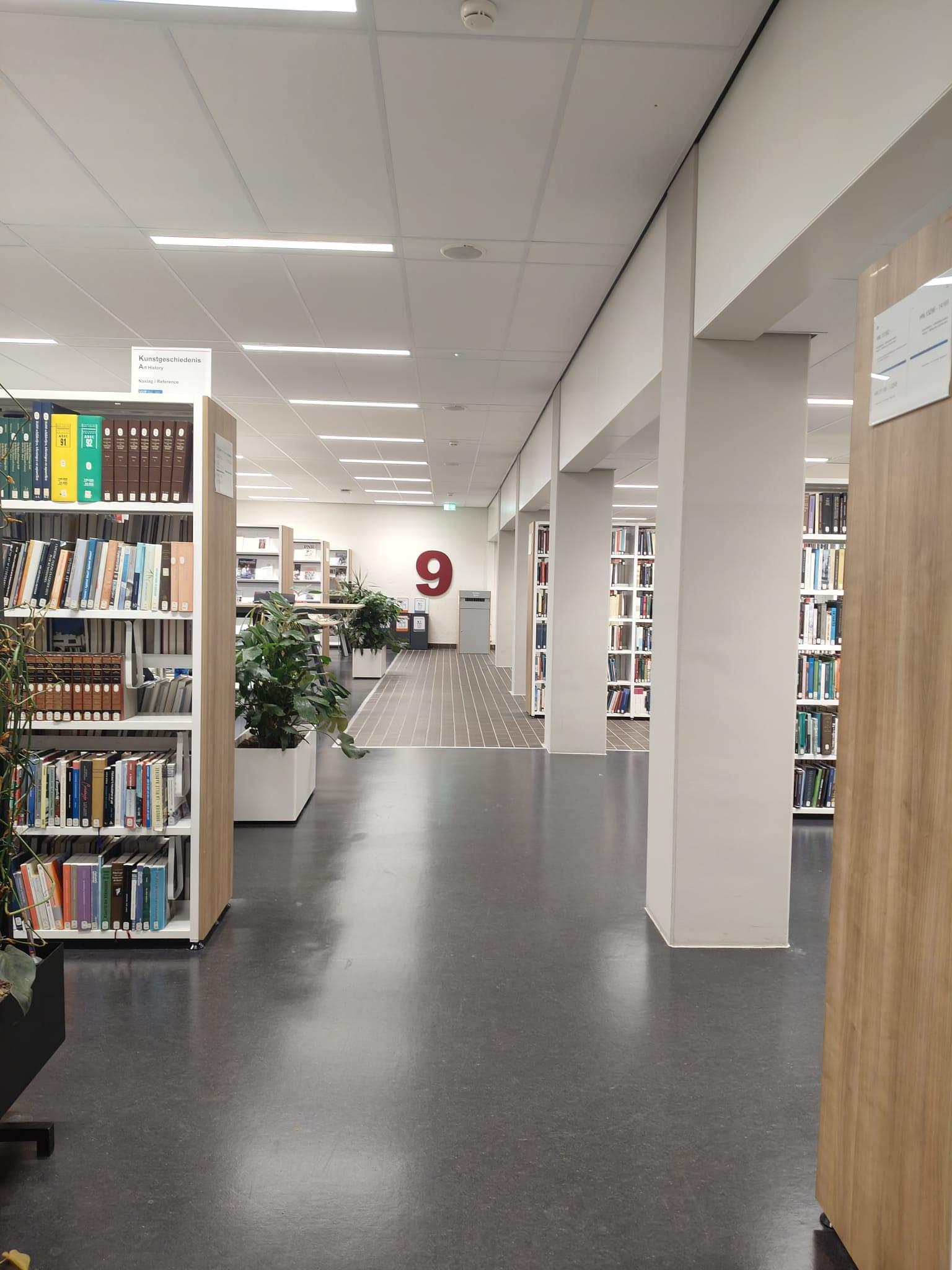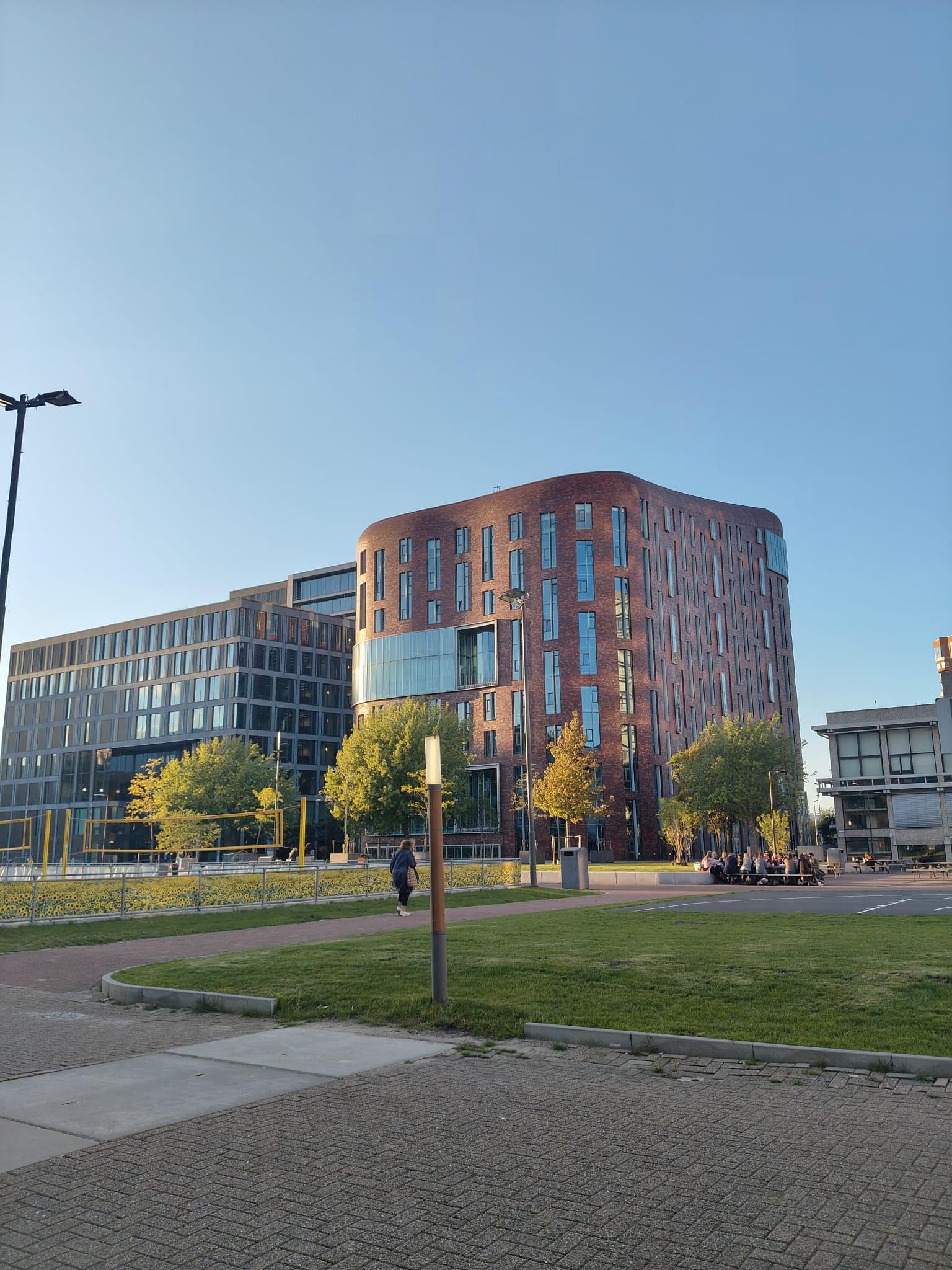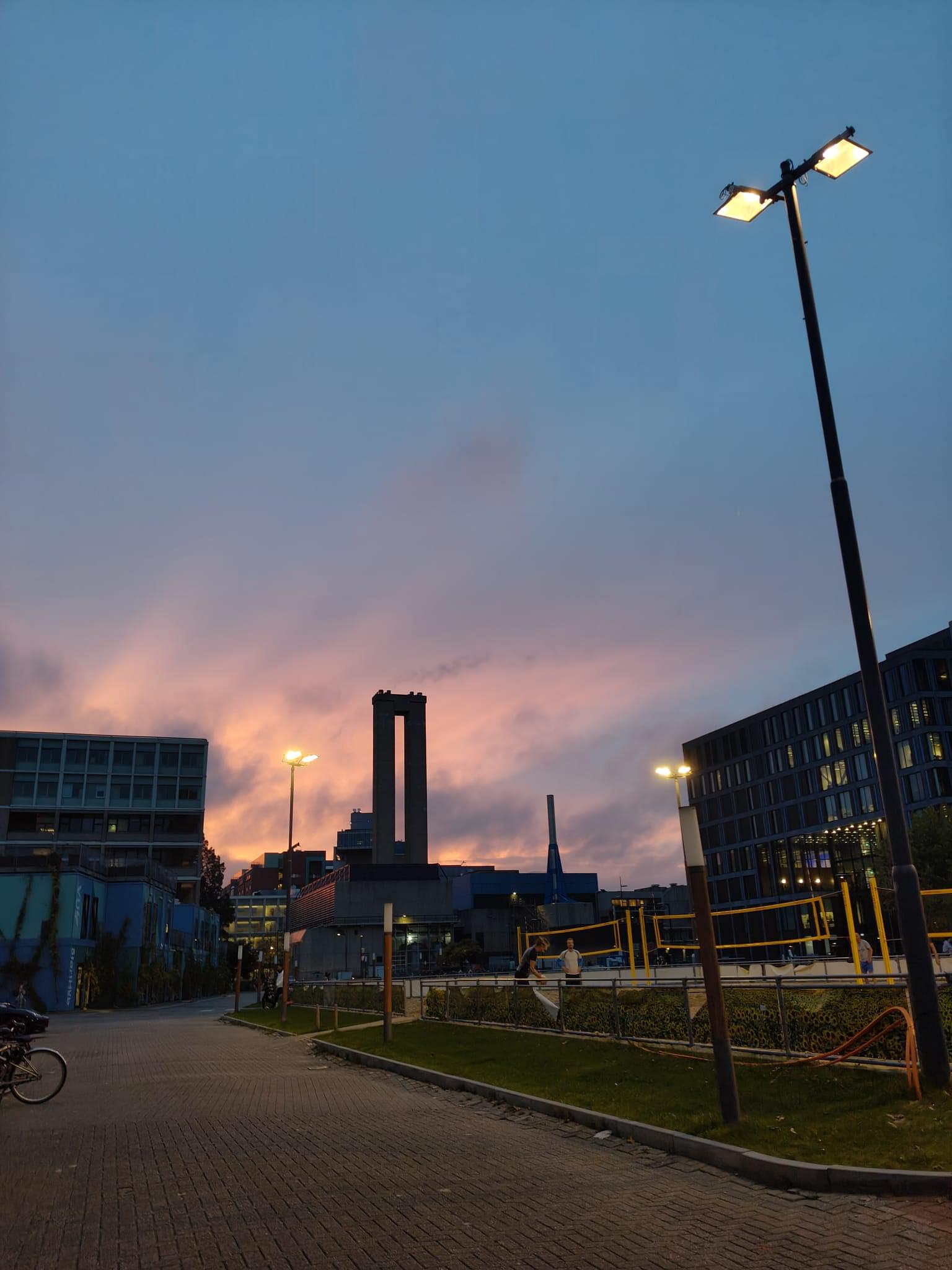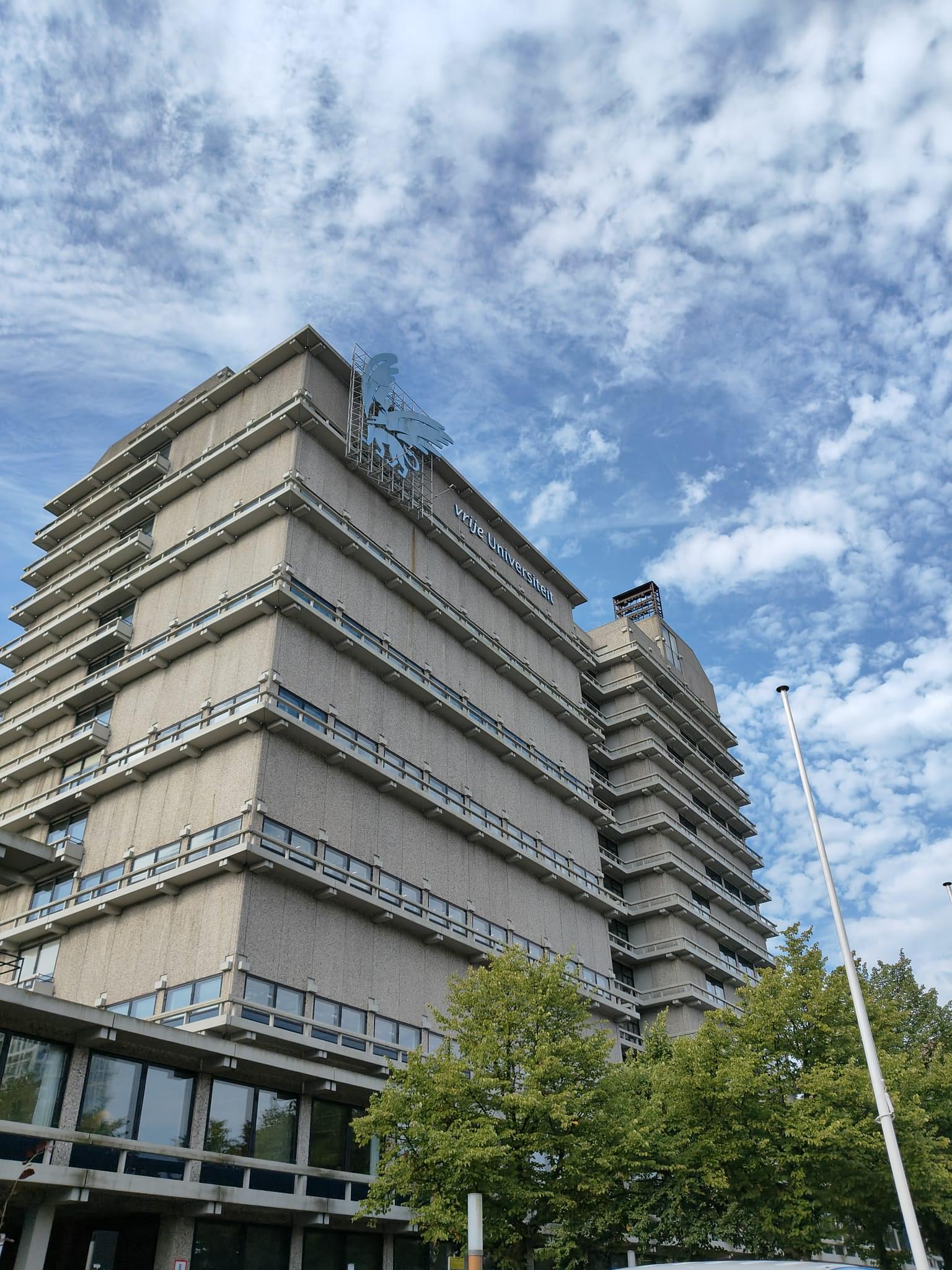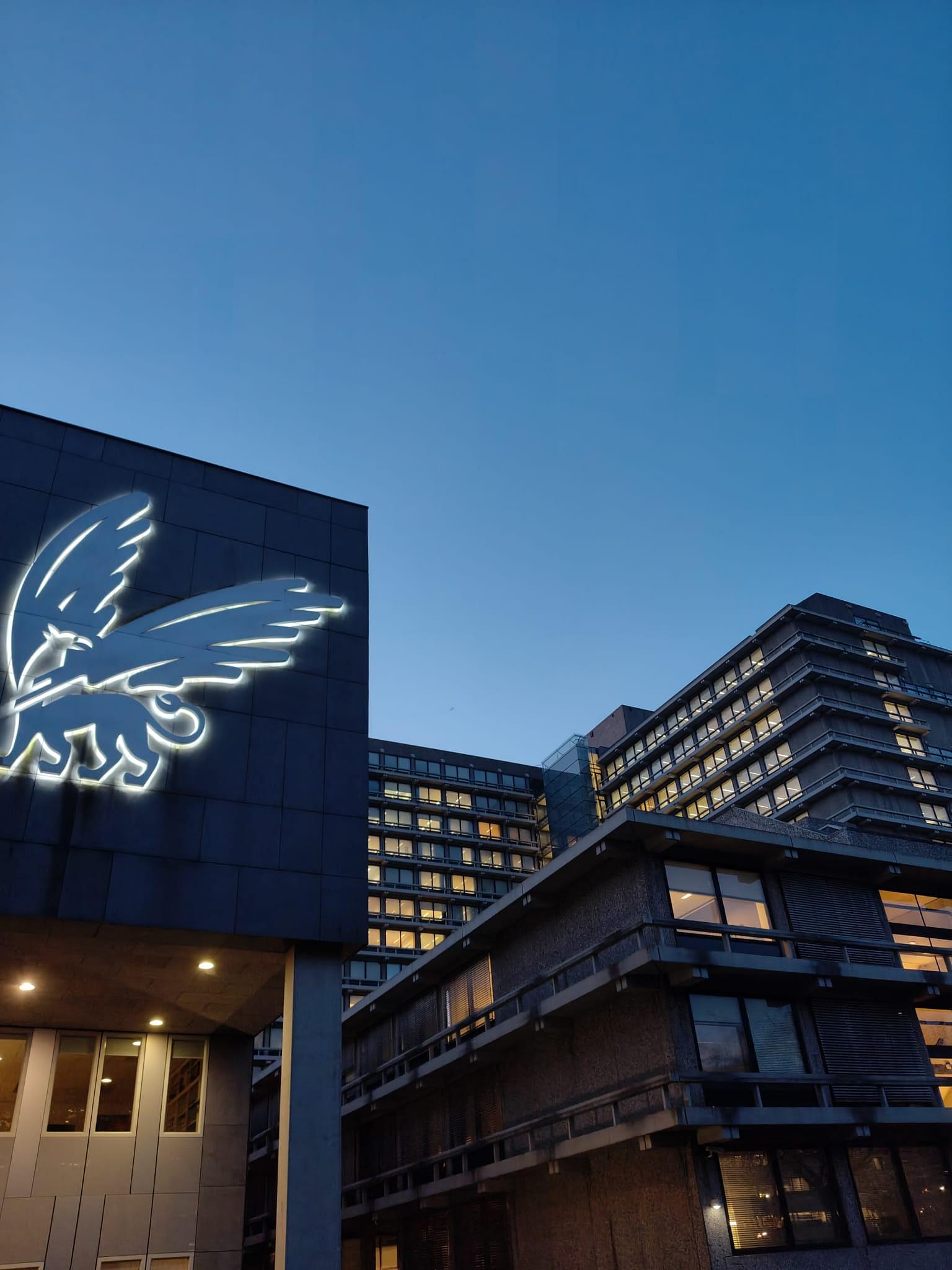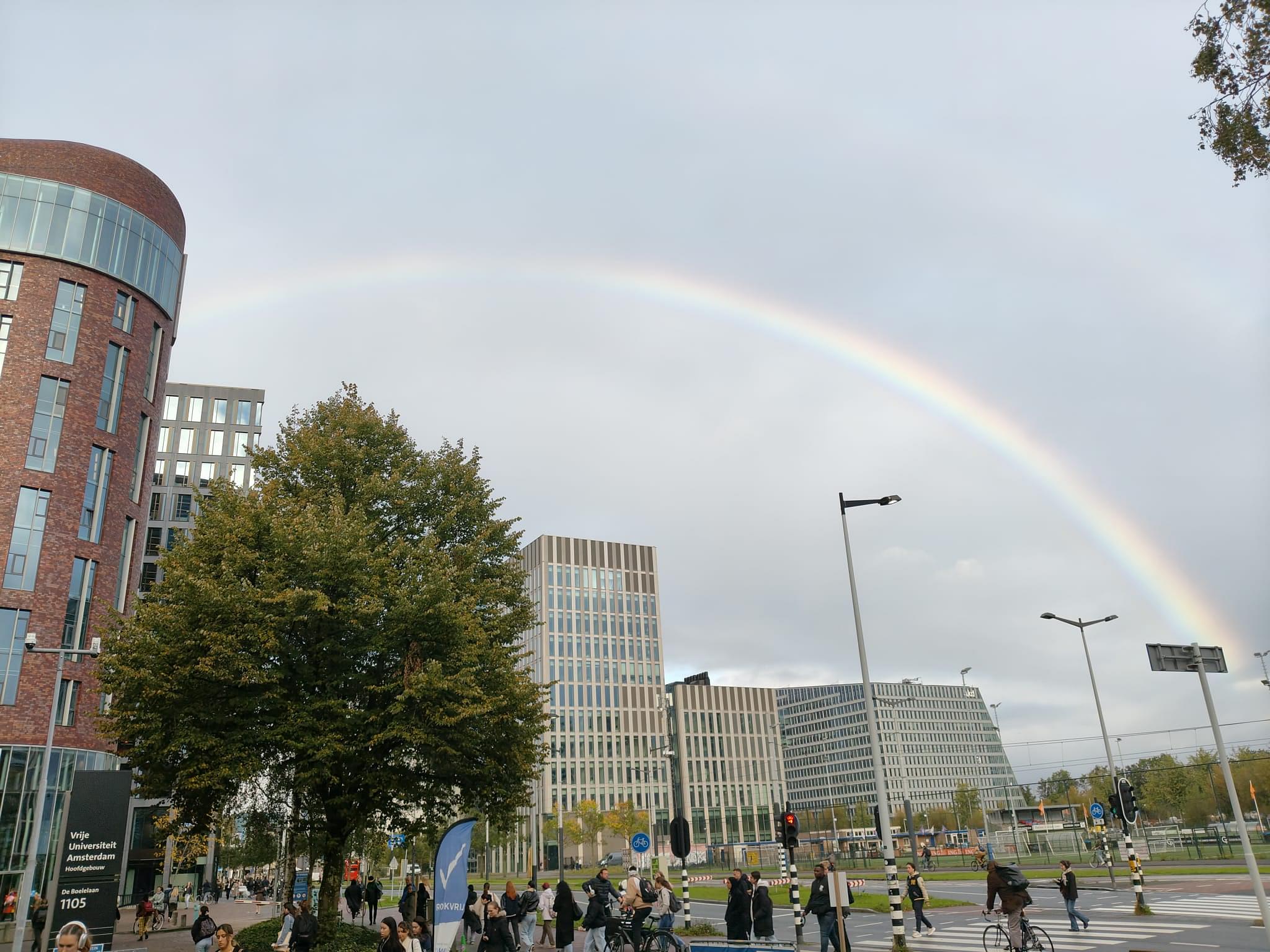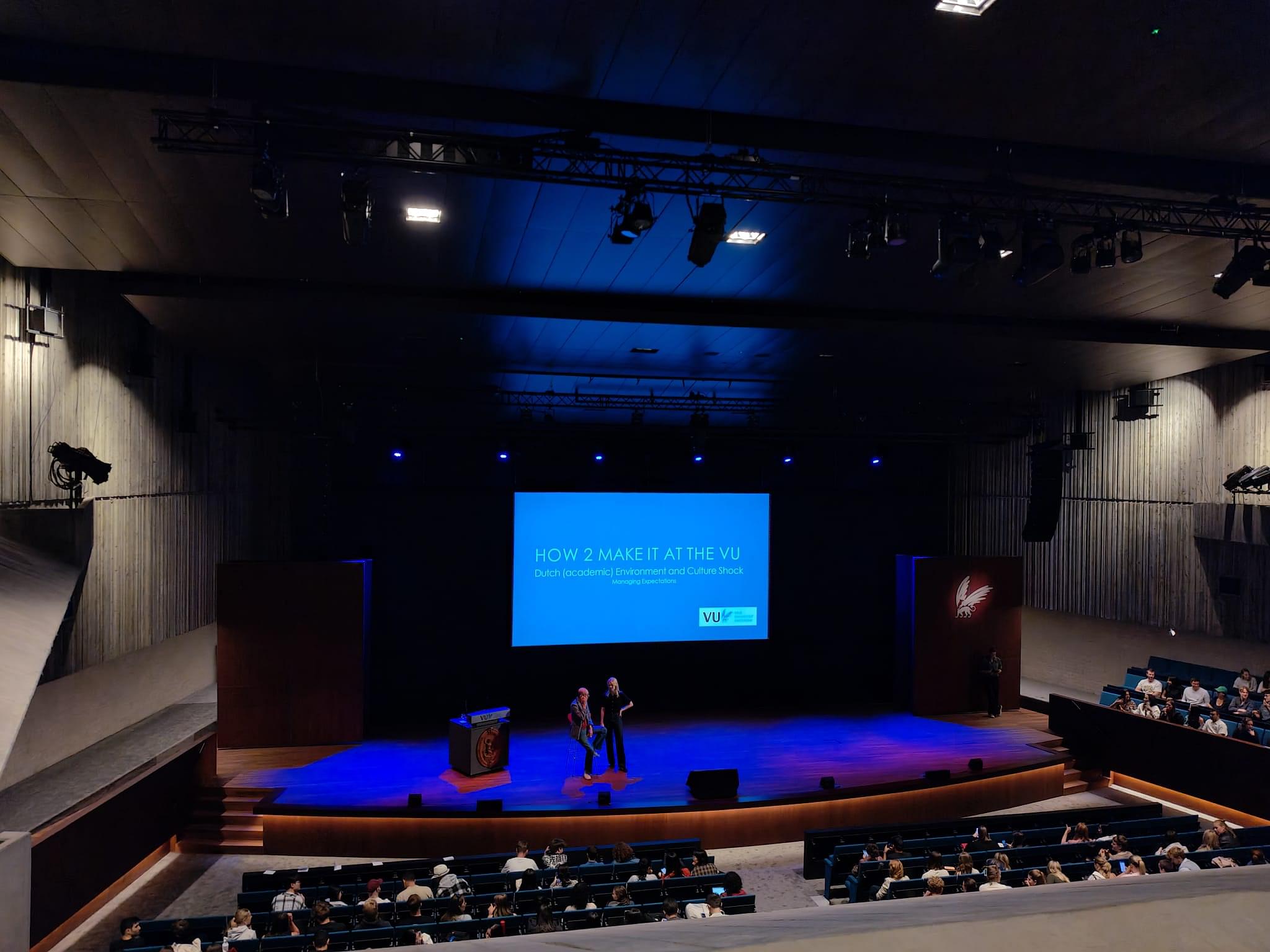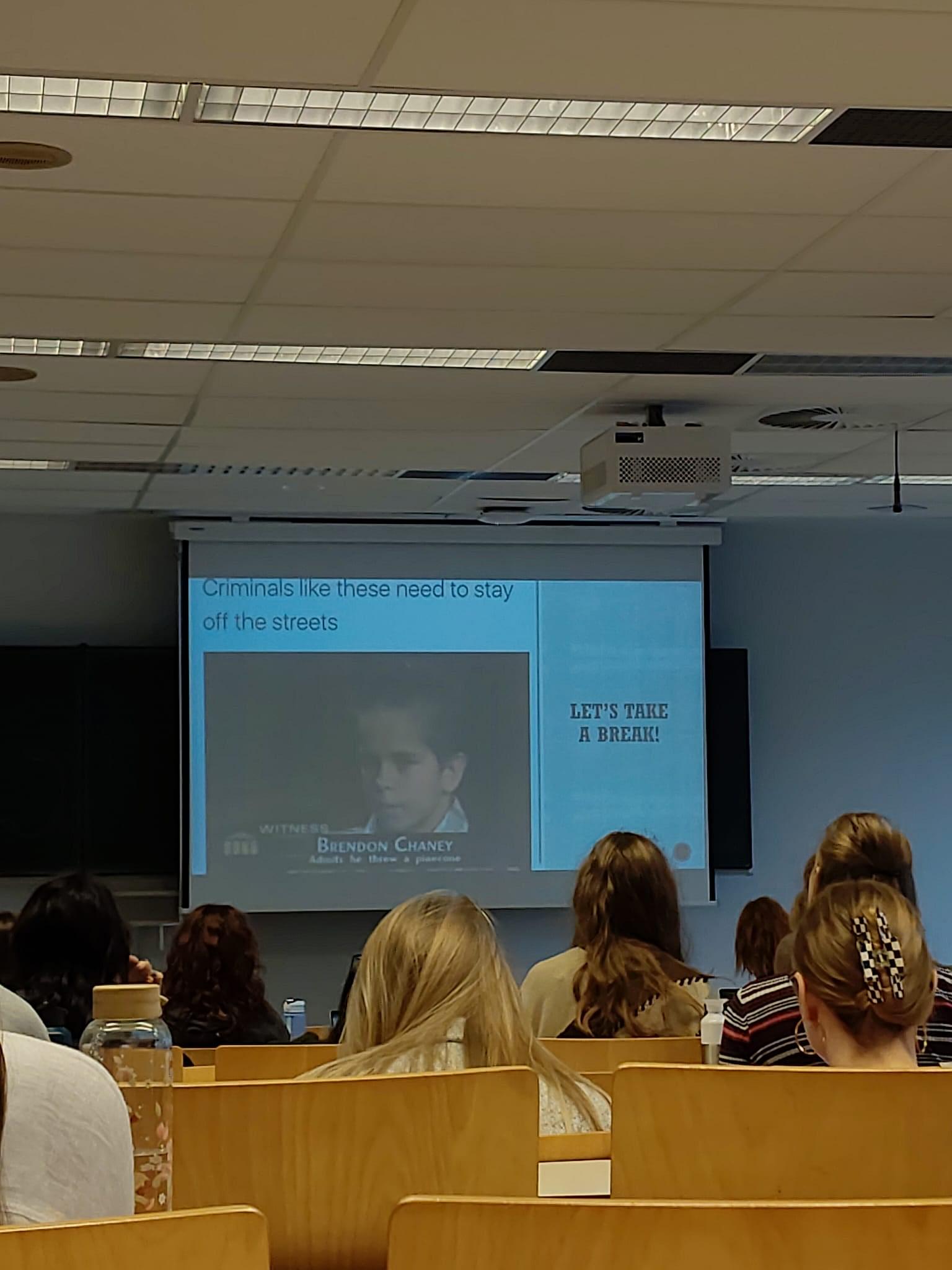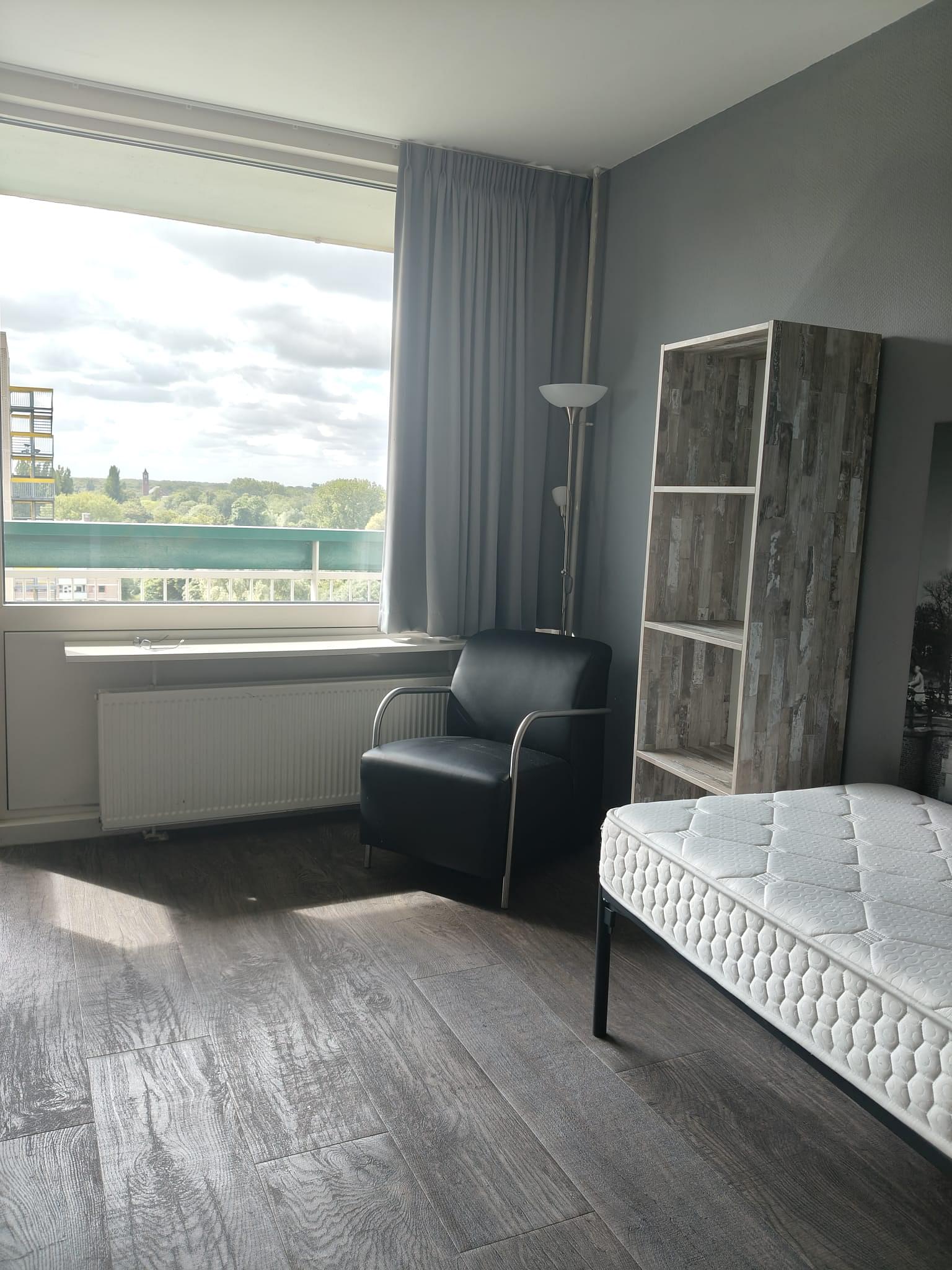What Students Say
Likes
- Accepting of different people: they value equality and inclusion as priority
- Their focus on innovative research, encouraging student inputs, and helping us think critically.
- Their commitment to sustainability.
Dislikes
- There are a lot of places where Dutch fluency is required, even in settings where international students would also benefit (such as a career fair).
- There seems to be some preference for EU students over non-EU ones for jobs, internships, etc.
- The Dutch students and international students rarely mingle, and there are not many opportunities to do so either.
Colleges Where I Was Accepted
Reason for choosing my college
- The location is better than the others; I wanted to study in a bigger city like Amsterdam.
- Also, there was a greater focus on research here, which is what I wanted to do more.
- I selected the Netherlands rather than the UK because it is cheaper, and the degrees are longer (2 years) compared to one year.
Colleges Where I Was Rejected
Reason for Rejection
- I think I applied through an external agency, which actually made my response poorer (the person entered the data wrong).
- Apart from that, I am not sure what went wrong.
- For universities in the US, getting into a PhD is very difficult and doing my research master's right now made me realise how little research skills I had, which is probably why I couldn't get accepted.
Required Exams for Admission
Required Documents For Admission
CV
Tips to enhance your application
- There's no suggestions from my end, because the admissions procedure was very different. It required me to write an assignment based on a paper they had given me.
- This assessed my reading and writing skills in scientific research. I did spend quite a good amount of time on the paper though, so I suggest all incoming students to do the same.
- However, the admissions procedure differs from course to course! Some of my friends had to write a letter of motivation, some also had to give an entrance test. The admissions procedure is different for everyone, but my suggestion is to give it your all.
Admission Experience
- The Netherlands is a great country to live in, especially because there is little language barrier (most of the people here, especially in universities and cities, speak English); it is a very safe country; it is a lot cheaper than the US or UK with very good education options. Vrije Universiteit Amsterdam has pretty good rankings, especially for research and especially for my course.
- I also liked how it offered a research master's, which is two years long, compared to a clinical master's, which is only one year long and requires Dutch fluency, in a field of my liking.
- It is also in a prime location in a modern neighbourhood in the lively city of Amsterdam. I am a little doubtful about the career opportunities since they are limited to research fields, though that is what I want to do.
- If I want to practice, I will have to do another master's degree. The academics and student life are amazing! VU is a highly international university, with international students AND professors, where different perspectives and asking questions is not only accepted but encouraged.
- Though I am not an active part of any extracurriculars, there are a lot of options, and there is always something happening in the university.
Class Schedule
- I have about 4 classes a week, which may be on the same or on different days, ranging anywhere from 9:00 am to 5:15 pm (this schedule is just for my faculty; I think the overall time range for classes is until 21:15).
- Each class is 1 hour and 45 minutes long. This seems less, but the workload is actually intended to be 42 hours, with many readings and assignments to be done at home, so basically, it is like a full-time job in terms of hours.
- Classes may be lectures with one-sided teaching or seminars with more practical aspects, but since my class size is small, there isn't much of a difference. Average strength of classes varies greatly; my friends in the technology courses have class sizes of 500 but seminar sizes of 20-25, but I have a total of 22 students in my class (which is great for asking questions and fostering discussions, something which my course greatly focuses on).
- Since the class size is small and since the nature of my course is, there is only one other Indian. However, of course, there are WAY more Indians in the computer science and AI courses in the university.
Faculty
- The faculty is amazing! They encourage students' research ideas and questions and do not get defensive when students ask them critical questions, even if it is about their own research. They also admit when they don't know something.
- Sometimes, though, I feel like the lectures and assignment instructions could be better.
- Nonetheless, they are not highly critical or rude towards students, and especially in our faculty, they try to make things as easy as possible for the students as they recognise the intensity of the program.
- They are also very approachable, although due to the high volume of emails they get, they are often slow to reply to emails (this varies by professor, though). Since the master's program is quite small, there is a good faculty-to-student ratio.
- Also, since our jobs are mostly in academia, professors are often the ones helping in our employment (we work under them), and they are very proactive in referring us to their colleagues if our research ideas align with their colleagues more.
Campus Life
- VU is unconventional in the Netherlands because all the buildings are on the same campus (it is called a "campus university"). Except for the new SportsCentrum, which is in the residential campus about 10 minutes away, all the buildings are in the same campus.
- The medical centre is the nearby university medical hospital, though you have to be registered with a general practitioner there as per Dutch law. The library is HUGE, spanning 14 floors in the main building, with another one in the Medical Faculty Building.
- There are many campus events, such as the sustainability day, the Deja VU festival, and career day, and something or the other is always going on at the university. I am not too sure about extracurricular activities because I haven't taken part in any, but there are many opportunities for volunteering both within and outside your degree's faculty.
- I personally love the 3D room, which organises many activities such as board games, arts, and movie nights, allowing me to unwind and socialise. They were also kind enough to organise Diwali for the Indian community!
Part Time Jobs
- It honestly depends on the degree and the person! I have noticed a lot of friends working in grocery stores (the most popular being Jumbo and Albert Heijn) because they do not require much experience and therefore aren't as selective.
- However, the more qualified, dedicated, or even lucky ones prefer to work in the university if they get the job. I think average hourly pay ranges from 13 to 20 EUR.
- As per Dutch law, part-time jobs can be a maximum of 16 hours per week. There are TONNES of part-time job opportunities both on-campus and off-campus, though they are a little bit difficult to get if you are a non-EU or non-Dutch student (many jobs require a Dutch fluency). My faculty has student assistant positions for research, but they are also more difficult to get if you are a non-EU student and the amount of effort your employer (usually a research or teaching faculty in the university) is willing to put to obtain your work permit.
- This is always a little sketchy, as sometimes getting a work permit takes longer than the actual duration of employment (research projects generally are of two to three months).
- I am not sure about the exact pay, since it differs from job to job, but I think average student assistant pay is about 1000 EUR without taxes, per month. Other jobs on campus generally include working in one of the cafe's on campus or paid jobs offered by some of the student organisations.
Placement
- Full-time job opportunities are actually very scarce, as the most popular career path after this is obtaining a PhD, which is very difficult to secure. VU also only offers about 2 PhD positions per year, so there are many who do not get it, though other universities are also an option. PhD positions are very variable, since they depend on professors willing to supervise someone incoming for a PhD.
- Apart from this, there are positions in other research organisations, though they also prefer Dutch applicants. I have heard that many people look for jobs for a long time. It's a little tough out there! But apart from that, VU prepares us really well for the job; getting it is another ballgame altogether.
Accommodation
- The VU was very kind and offered to look for accommodation for us in the very elusive housing market in the Netherlands.
- They asked us to pay a very steep fee though, but listed accommodation for us through a third-party source.
- My recommendation is to start looking as early as possible on multiple sites, since it is VERY difficult to find a house here.


